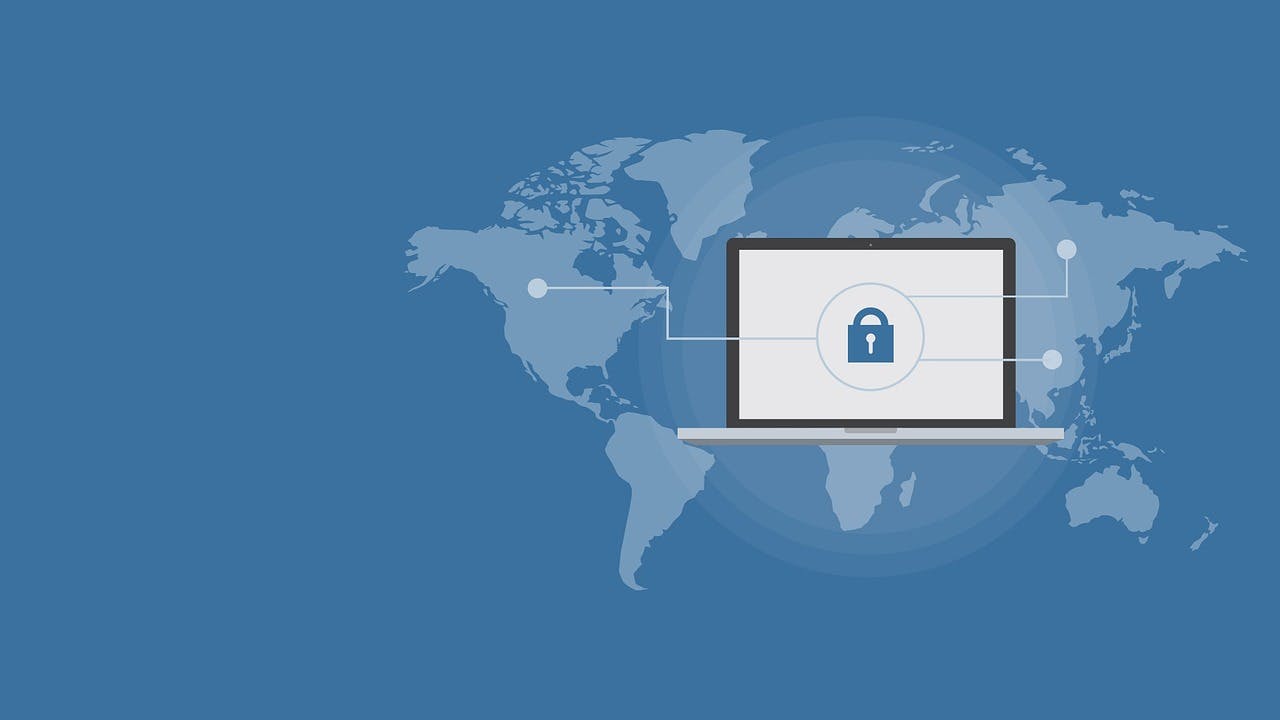Article
Collaborative Security Culture: From Reactive to Proactive Defenses
The culture of cyber security in remote teams is just as important as the technology and processes used to protect them. Thus, prioritizing the development of a proactive and secure work environment is paramount, especially for organizations with remote teams.
Establishing a collaborative security culture among remote employees empowers them to identify potential threats, coordinate response efforts effectively, and offer valuable insights into enhancing security processes.
In this article we delve into why collaborative cybersecurity culture is essential for remote digital marketing teams and provide insights on how to establish and nurture it effectively.

The Need for A Collaborative Security Culture
The risk of cyber attacks escalates with remote teams due to increased exposure to malicious actors and vulnerable systems. With the prevalence of remote work across industries, more employees are susceptible to cyber threats. It's imperative for your company to acknowledge that the remote nature of digital marketing teams poses unique security challenges.
Remote teams often operate distantly from central IT resources, necessitating self-sufficiency in safeguarding data and networks. Providing these teams with essential tools and protocols is vital for combating malware, data breaches, and other cyber threats.
Moreover, developers possess the skills to craft robust security solutions. Empowering them to contribute to your security efforts can promote a sustainable approach to cybersecurity.
Simultaneously, it's crucial for your organization to guarantee that your remote teams are vigilant in safeguarding themselves against potential attacks and data breaches. Beyond equipping your teams with essential tools, creating a collaborative security culture is paramount.
Such a culture encourages effective communication among team members regarding identified security risks and encourages collaborative problem-solving. Additionally, it cultivates an environment where everyone holds accountability for security measures, empowering teams to implement preventive actions before any significant incidents arise.

Empowering Your Remote Teams
Organizations must create a security culture that enables employees to take an active role in protecting their work environment. Employees can do this by understanding the threats and proactively responding to each one.
A collaborative security culture is crucial for remote teams to detect and address threats effectively, fostering trust among team members, customers, partners, and stakeholders. Without such a culture, remote digital marketing teams may lack confidence in the security of their data and networks. Establishing a collaborative security culture empowers these teams to:
- Share information regarding security risks and best practices.
- Proactively identify and swiftly mitigate potential threats.
- Communicate promptly with one another when issues arise.
- Express their security ideas openly to management.
- Cultivate trust among stakeholders, customers, partners, and team members.
Building a Collaborative Security Culture
To create a collaborative security culture, organizations should focus on providing employees with the tools and resources they need to be successful. This can include training in cyber security best practices and providing access to security monitoring systems.
Educating your remote teams about security risks and how to address each one is essential. Even with the most advanced security tech, if your teams don’t know how to use it, the tech becomes useless.
Additionally, the use of collaboration platforms will also enable team members to share ideas, information, and files securely. It is also important for digital marketing teams to have clear leadership and guidance from their bosses to make sure they’re following the agreed-upon security protocols.
Setting policies that define how employees should identify and respond to potential threats will also be beneficial. Additionally, organizations should consider implementing solutions such as two-factor authentication or encryption to protect their data further.
Finally, companies should recognize and reward team members who proactively identify security risks and respond quickly. This will encourage employees to remain vigilant and take the necessary steps to protect their work environment from cyber threats!

The bottom line
A collaborative security culture is paramount for remote digital marketing teams. However, achieving proactive cybersecurity demands continuous dedication from both management and employees.
Providing your remote workforce with adequate resources, tools, and guidance is vital to enable them to safeguard their data and networks effectively against malicious threats. This proactive approach ensures the creation of a secure environment conducive to the success and prosperity of your teams.